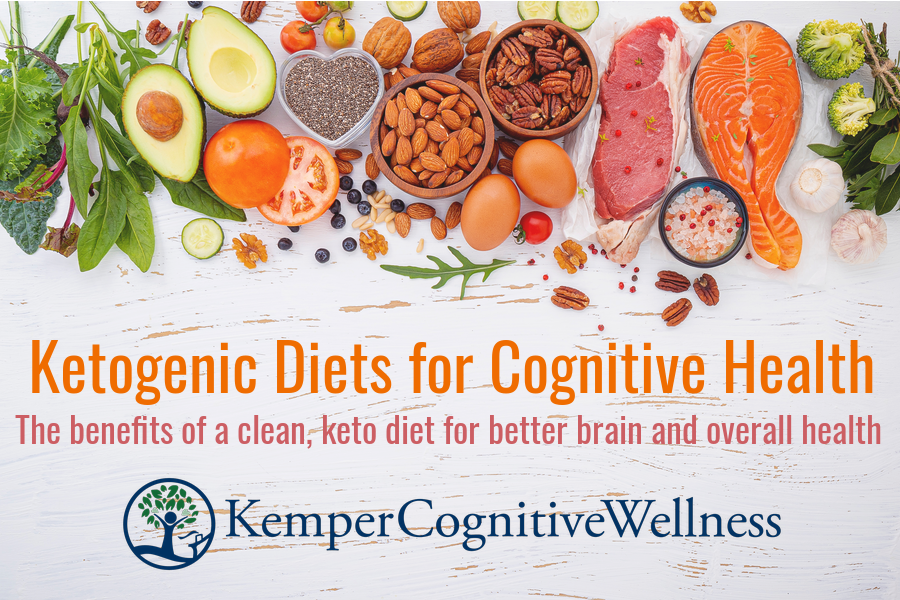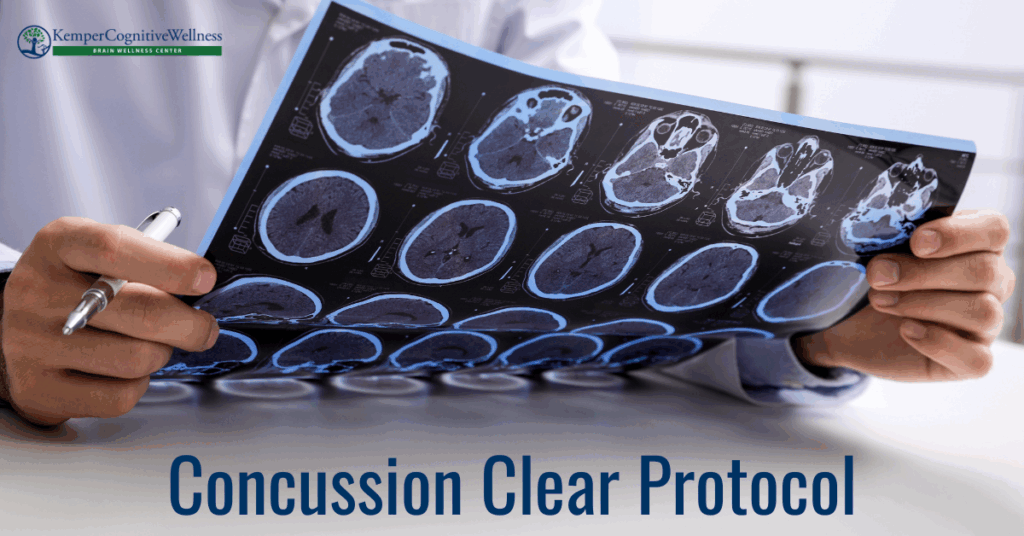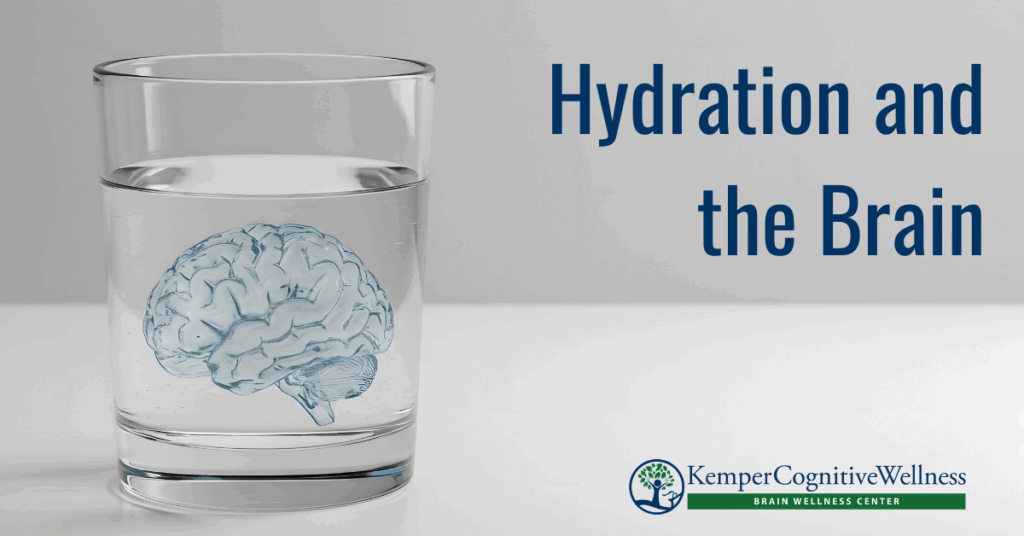By Nicole Gould, RDN, LD
By now, you have probably heard of a Ketogenic diet – a high fat, very low carb eating style. It’s been touted for weight loss, blood sugar management, energy, cognitive improvements and even longevity. Specialty Keto products are popping up in stores everywhere; many are embracing this high fat trend. But is a Keto diet healthy, or is it just another fad diet? Let’s take a deeper look at how a Ketogenic diet works and the impact it has on the brain and overall health.
How Does a Ketogenic Diet Work?
Glucose (from carbohydrates) is the main source of fuel for the body and the brain. With the typical American eating a diet of about 65% carbohydrates, we should be full of energy, right? Unfortunately, when the diet is too high in carbs, the cells become resistant and can no longer use glucose efficiently. We are taking in the fuel, but the fuel can’t get to the cells and in turn, causes damage to the cells. In a Ketogenic diet, you are restricting carbohydrates between 5-15%, so the body must find an alternative fuel source. Luckily, the body can turn dietary fats into ketones for fuel. Once your body is in the metabolic state of using ketones rather than glucose, you are in ketosis.
Are Ketones Good for the Brain?
Ketones are often referred to as a “cleaner fuel” than glucose, causing less oxidative stress and generating more energy than glucose. This is critical because the more usable fuel we can get to the brain, the better. In an Alzheimer’s brain, there is an impairment in glucose uptake, but ketone uptake remains normal. Therefore, more research is exploring the use of ketogenic diets to combat dementia. Ketogenic diets have also shown promise for weight loss, diabetes, autoimmune diseases, other neurological conditions and mood issues.
What Are the Drawbacks?
As with any eating plan, a Ketogenic diet isn’t for everyone. As someone is transitioning from glucose to utilizing ketones, they can experience headache, fatigue and nausea. Typically, the more carbohydrates and sugars a person eats, the more side effects they experience in the first couple weeks. Slowly easing in, staying well hydrated, and using some electrolyte supplements can help.
You may want to avoid a Ketogenic diet if you are pregnant or breastfeeding, underweight or on certain medications. If you are considering a Ketogenic diet, consult a qualified health practitioner first.
It’s also important to consider that not all Ketogenic diets are the same. Avoid Ketogenic diets that are too extreme, emphasizing processed foods, dairy and meats. Instead, try a version that includes lots of non-starchy vegetables, and whole foods like nuts, seeds, avocados and wild fish.
Is Keto Right for You?
If you are interested in learning if a Keto diet is right for you, join me for a 90-minute workshop on Thursday, August 13th. Learn more and register here. I’m here to help you implement a Keto diet as well; call the office at 216/337-1400 to schedule an appointment!





